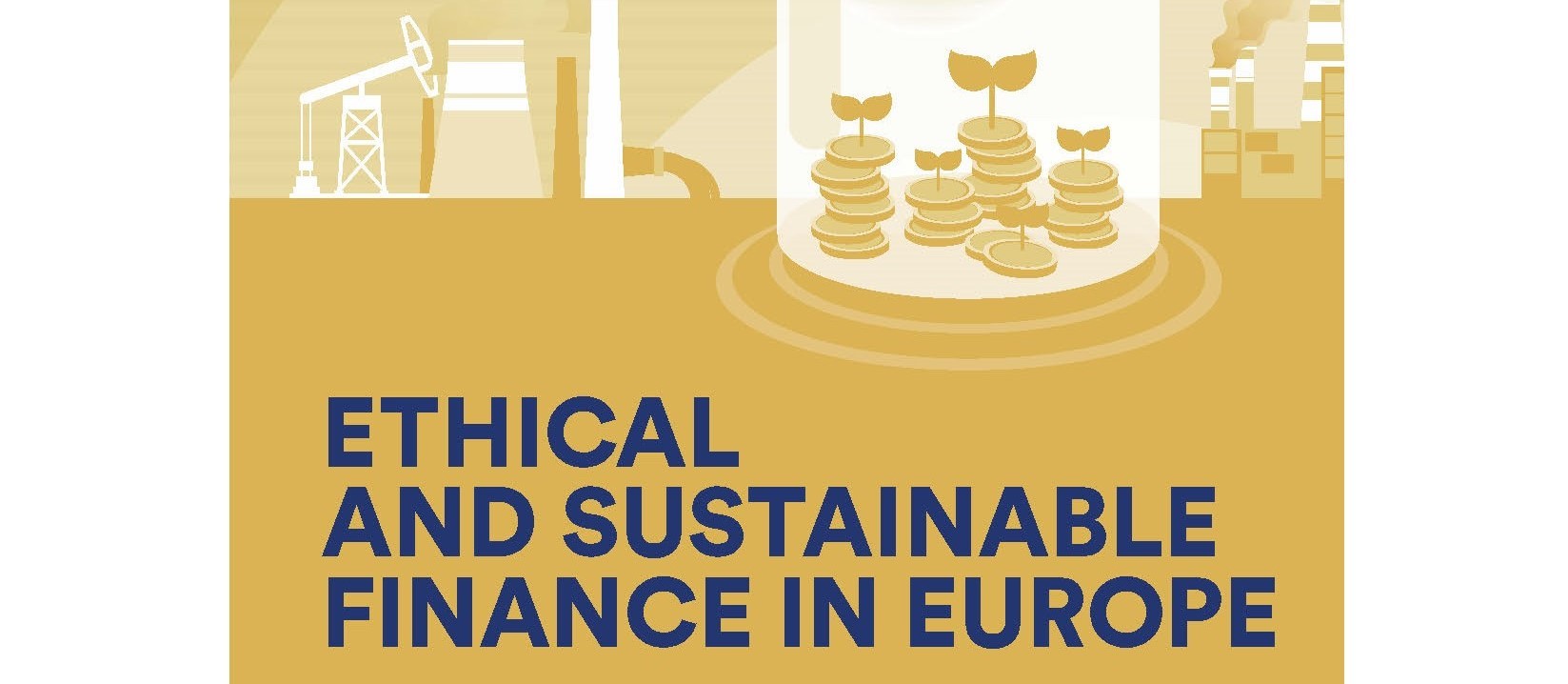Ethical banks perfom THREE TIMES BETTER than systemic ones
| By admin | 0 Comments

Since the collapse of Lehman Brothers, on 15 September 2008, European countries have spent €654 billion to save dozens of banks from bankruptcy. However, not a single cent has been spent to save any of the 23 ethical and sustainable banks based in Europe. The reasons for this resilience to the crisis are explained in the second Report on Ethical and Sustainable Finance in Europe, by Fondazione Finanza Etica (Italy) and Fundacion Finanzas Eticas (Spain). The report compares the structure, growth and yields of European ethical banks with those of the large systemically important ones.
To download the report, click here (English version)
Here are the main findings:
- Over the last ten years (2007-17), ethical and sustainable banks’ returns have been three times higher than those of mainstream banks, with an average annual profitability (in terms of ROE) of 3.98% against 1.23%. Until 2006-07, systemically important banks enjoyed a favourable financial climate, earning stunning profits thanks to speculation and leverage. The party, though, came to an end. Ethical banks, which did not give in to the temptation of buying exotic stocks and bonds with vertiginous returns, were rewarded.
To use a metaphor from the world of sports, systemically important institutions may have won the 100 metres, but ethical banks took first in the marathon. Indeed, most retail savers are marathon runners, wishing to preserve the value of their savings over the long term, and not sprinters.
- Due to the crisis, the growth of large European banks slowed dramatically or even came to a complete halt; at the same time, the assets, deposits, loans and equity of ethical and sustainable banks increased by roughly 10% annually. For example, in the period 2007-17, the assets of ethical banks increased on average by 9.66% yearly, compared to an annual growth of -1% on the part of systemically important banks.
- Over the last ten years, the structural difference between ethical banks and their systemically important counterparts has remained constant. We are indeed dealing with two different types of institutions: while ethical banks behave like banks in the traditional sense of the term, collecting deposits and granting loans, systemically important ones are more focused on other sorts of operations, such as investing in stocks and bonds and offering various financial services. In 2017, lending represented on average almost 77% of total assets for ethical and sustainable banks, but only 40.52% for traditional large banks.
The second part of the Report provides updated data on socially responsible investment funds in Europe. Also in this subgroup of the vast world of ethical and sustainable finance, assets are constantly growing. In Europe, from 2015 to 2017, assets invested in “best in class” ethical funds (those that adopt the strictest ESG criteria) rose by an average of 9% per year, approaching €600bn. Moreover, shareholder engagement is more and more widespread: an increasing number of shareholders dialogue with company managers and critically participate in annual general meetings, requesting detailed information on development strategies in relation to environmental, social and governance issues.
Given that ethical banks are structurally different from systemically important ones and have proved to be more resistant to the crisis, today there is an urgent need for the approval of regulations that recognise and reward this difference at both the national and European levels. The third part of the Report documents the progress that has been made in this regard and analyses how the financial system has changed in the ten years since the outbreak of the crisis. It also examines to what extent financial lobbies still influence political decision-making and analyse how many opportunities for reform have been lost along the way during the last few years.
In particular, it highlights the lack of courage on the part of the European Commission which, in the process that is leading to the introduction of a universally accepted definition (taxonomy) for responsible investment in Europe, is giving priority only to environmental aspects, putting social criteria in the second place. An aspect that Banca Etica, together with Gabv (Global Alliance for Banking on Values) and Febea (European Federation of Ethical and Alternative Banks) is committed to modify, thanks to the presentation of amendments to the reform project.
Finally, in the fourth part, an increasingly crucial aspect of responsible investment is discussed: the divestment from securities of companies in the fossil sector (coal, oil, gas) that accelerate climate change with their greenhouse gas emissions. More than 1,000 banks, foundations, religious orders, universities, municipalities, insurance companies and pension funds worldwide have freed themselves, in various ways, from investments in fossil fuels, for a total of almost $7.2 trillion. This is an enormous figure, equal to about 40% of the European gross domestic product. Despite the fact that the Fossil Free movement is continuously growing, there are still investment funds that call themselves “ethical” that insist on investing in the dirtiest and most dangerous types of oil, such as tar sands or shale oil. The fourth part of the report identifies some of them, also providing, to all interested parties, some tools to identify others and to ask the right questions to banks or financial companies that offer customers to invest in ethical funds.
Comentarios recientes